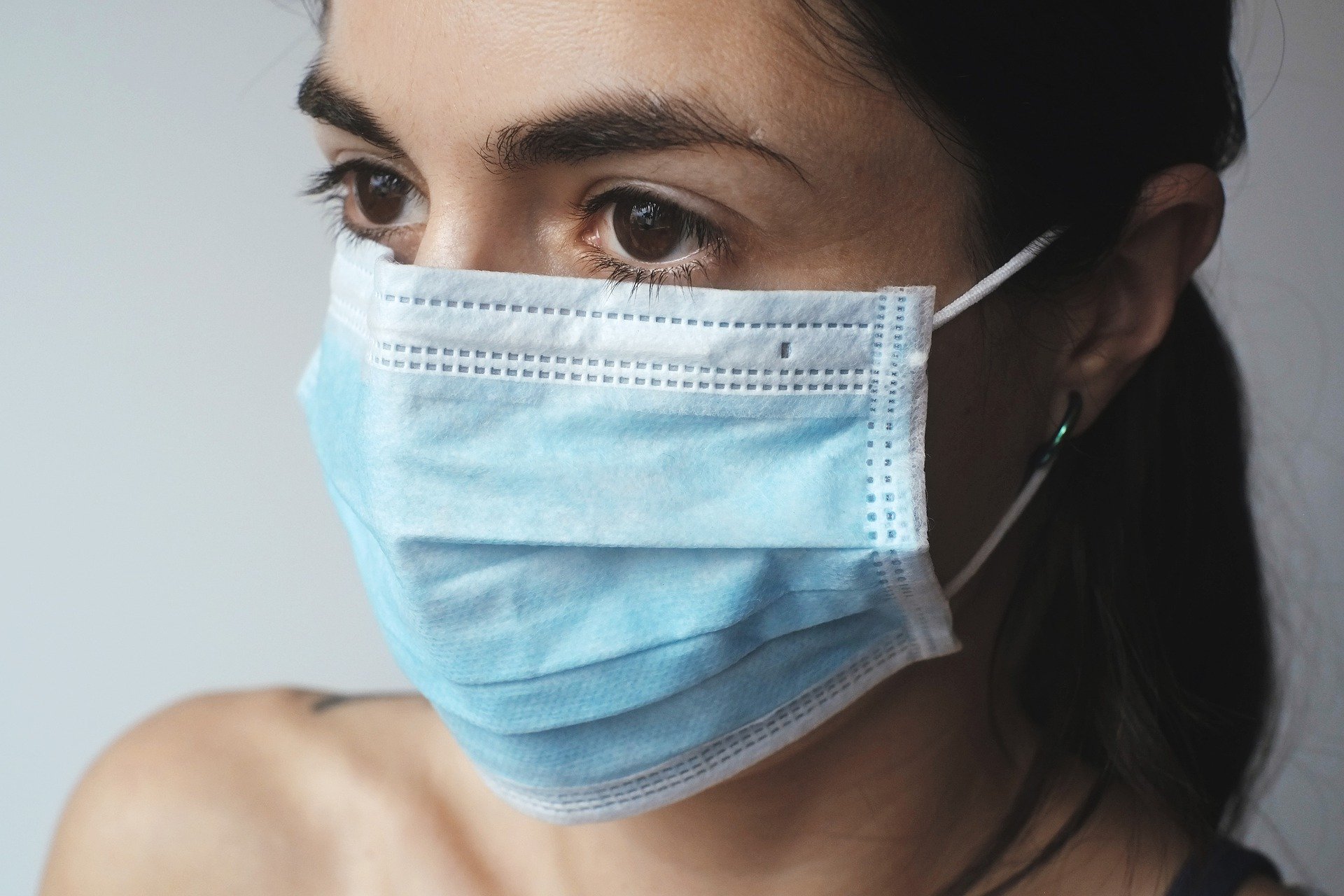
NSW Personal Injury Commission finds workers compensation potentially exceeding $11 million payable for COVID-19 death
Published on September 9, 2021 by Joshua Dale and Kate Flanigan
The New South Wales Personal Injury Commission has determined that a worker who contracted COVID-19 during the course of his employment has a compensable injury within the meaning of the Workers Compensation Act 1987 (NSW).
The worker, a Director of a company dealing in dental technology whose primary business was based in Australia, had travelled to the United States in July 2020 in order to oversee the set-up of an American facility when he contracted COVID-19. The worker contracted the virus having attended several networking functions with colleagues and, after being transferred to hospital in late-July, he ultimately passed away from the virus in the United States in November 2020.
Following his death, the estate of the deceased worker brought a compensation claim for $834,000.00 in death benefits and $11,000,000.00 in medical expenses under the Workers Compensation Act 1987 (the Act). The NSW workers compensation insurer iCare disputed this claim and argued in the NSW Personal Injury Commission that it should not be liable for the claim. In support of this, iCare, on behalf of the respondent employer, claimed that the worker had not suffered an ‘injury’ pursuant to s 4 of the Act which is defined as follows:
‘injury’:
(a) means personal injury arising out of or in the course of employment,
(b) includes a “disease injury”, which means:
(i) a disease that is contracted by a worker in the course of employment but only if the employment was the main contributing factor to contracting the disease, and
(ii) the aggravation, acceleration, exacerbation or deterioration in the course of employment of any disease, but only if the employment was the main contributing factor to the aggravation, acceleration, exacerbation or deterioration of the disease.
In dispute of this claim for injury, iCare argued that at the time he became ill the worker was not working for the Australian company for which he was employed as a Director, but rather for a related United States firm for which he was the Managing Director and President. Further, it was submitted that it could not be demonstrated that the worker had contracted COVID-19 during the course of his employment as it was possible that he contracted the virus during the course of social interactions.
In the decision of Sara v G & S Sara Pty Ltd [2021] NSWPIC 286, handed down on 10 August 2021, Personal Injury Commission member John Harris rejected iCare’s claim and found that the estate of the deceased worker was entitled to compensation for his death as he was found to have contracted COVID-19 in the course of his employment. In coming to this decision, the Commission found as follows:
- There was a clear intention of the worker’s Australian employer that he continue to be employed while he travelled to the United States. This was demonstrated by the ongoing wage paid by the Australian employer (despite there being no written contract of employment) and the fact that the United States company was established to facilitate the US operations of the Australian company and did not pay a wage to the worker at any point.
- An investigation of the worker’s onset of symptoms as well as other factors indicated that the worker likely contracted COVID-19 between boarding his flight in Sydney and arriving at his hotel in New York. As the worker’s employer had induced and encouraged the travel to the United States, this meant that the worker contracted the virus during work related travel and thus in the course of his employment.
- The virus caused the worker to suffer respiratory failure, stroke and heart attack and this amounted to an identifiable pathological change which constituted a ‘personal injury’ within the meaning of s 4(a) of the Act. This is significant as the worker’s estate was not required to demonstrate that the virus was a ‘disease injury’ under s 4(b) of the Act.
In determining that the worker had a compensable injury, the Commission found that the estate of the worker was entitled to a lump sum death benefit of $834,200 pursuant to s 25 of the Act. Further, the estate was found to be entitled to body transport expenses and to weekly compensation from the date the worker was first diagnosed with COVID-19 to the date of his death. While it is also accepted that the worker’s estate will be entitled to reasonable medical expenses incurred as a result of his injury pursuant to s 60 of the Act, the question of whether the full cost of the workers medical and hospital related treatment will be recoverable has been stood over by the Commission. This is as the parties will have to consider the various maximum recoverable amounts available under the NSW workers compensation scheme and how these may apply to the $11,000,000.00 hospital bill incurred in the United States.
This said, a number of COVID-19 presumptions exist under s19B of the Act which were not explored in this decision and may be relevant to future workers compensation claims for COVID-19 related illnesses. Section 19B of the Act sets out a number of presumptions related to COVID-19 which can be rebutted by an insurer, including that if a worker is engaged in ‘prescribed employment’ within the meaning of s 19B (9) of the Act at the time of contracting COVID-19, it is presumed that his or her employment was the main contributing factor to the cause of the disease. In this case, as the insurer had conceded that if it was found that the worker had contracted COVID-19 during this course of his employment, then s19B was satisfied, it was not open to the Commission to make findings on this point and liability was established under s 19B of the Act.
Due to the complexities of this claim, particularly surrounding the nature of the workers employment, the finding of the Commission may be appealed by the insurer. The insurer will have 28 days to lodge an appeal pursuant to s 352 of the Workplace Injury Management and Workers Compensation Act 1998.
This case highlights the difficulties a worker may have in demonstrating they contracted COVID-19 during the course of their employment. However, the decision does assist by finding that if a worker is shown to have contracted COVID-19 during the course of their employment, any associated illness (e.g. respiratory illness) caused by the virus likely constitutes a ‘personal injury’ for the purposes of the Act. Importantly, unless a worker falls within the meaning of “prescribed employment”[i] any claim arising out of a COVID-19 diagnosis will need to seek evidence as to the following:
- A full history as to the nature of work and employment;
- A full history of all movements of the injured person including social and employment related contacts in the weeks leading up to a positive test;
- Any COVID-19 tests undertaken by the injured person and/or anyone they had contact with leading up to the positive test;
- Consideration of expert evidence as to the incubation period based on the history taken once known and an opinion about the likely exposure date which would then potentially guide further enquiries and history taking as to the activities on that particular day.
If you believe you may have contracted COVID-19 during the course of your employment, you should contact one of our Workers Compensation experts at Carroll & O’Dea.
[i] Under section 19B(9) of the 1987 Act and clause 5D of the 2016 Regulation, prescribed employment means employment in the following:
-
the retail industry (other than businesses providing only on-line retail),
-
the health care sector, including ambulance officers and public health employees,
-
disability and aged care facilities,
-
educational institutions, including pre-schools, schools and tertiary institutions (other than establishments providing only on-line teaching services),
-
police and emergency services (including fire brigades and rural fire services),
-
refuges, halfway houses and homeless shelters,
-
passenger transport services,
-
libraries,
-
courts and tribunals,
-
correctional centres and detention centres,
-
restaurants, clubs and hotels,
-
the construction industry,
-
places of public entertainment or instruction (including cinemas, museums, galleries, cultural institutions and casinos),
-
the cleaning industry
-
cafes
-
supermarkets
-
funeral homes
-
childcare facilities.

